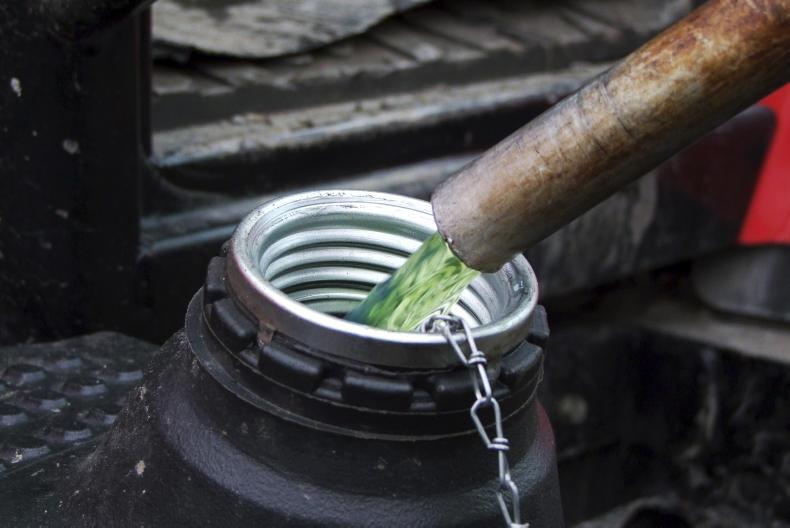Oil prices have collapsed overnight after Saudi Arabia started a price war that has seen the price of Brent crude oil, the global benchmark, plunge to lows of $31/barrel.
Crude oil prices plummeted by as much as 30% on Monday – the biggest one-day fall in crude oil prices since the Gulf War in the early 1990s.
For context, oil was trading at close to $70/barrel in early January but has been weakening in price over recent weeks due to fears over the health of the global economy due to the coronavirus outbreak.
However, Saudi Arabia, the world’s largest oil exporter, said on Sunday it would ramp up oil production and heavily discount its crude oil price following a dispute with Russia, another major oil producer. The move has sent oil markets into freefall.
Farming
For farmers, the collapse in oil markets has positive and negative aspects. On the plus side, the fall in oil prices will obviously significantly reduce machinery running costs as diesel prices will follow the oil price.
Farmers could also see further reductions in the cost of fertiliser this year, as energy costs are the major production cost for fertiliser manufacturers. This reduction in production costs should be reflected in the cost of finished fertiliser.
The collapse in oil prices will leave the populations of these countries less well-off and will negatively impact their demand for milk powder
However, the fall in oil prices does present some negatives for farmers, principally what it means for global demand. Oil-producing economies account for 30% to 40% of global milk powder imports. The collapse in oil prices will leave the populations of these countries less well-off and will negatively impact their demand for milk powder.
Expect milk powder prices in Europe to react negatively to this morning’s news from Saudi Arabia.






 This is a subscriber-only article
This is a subscriber-only article










SHARING OPTIONS: